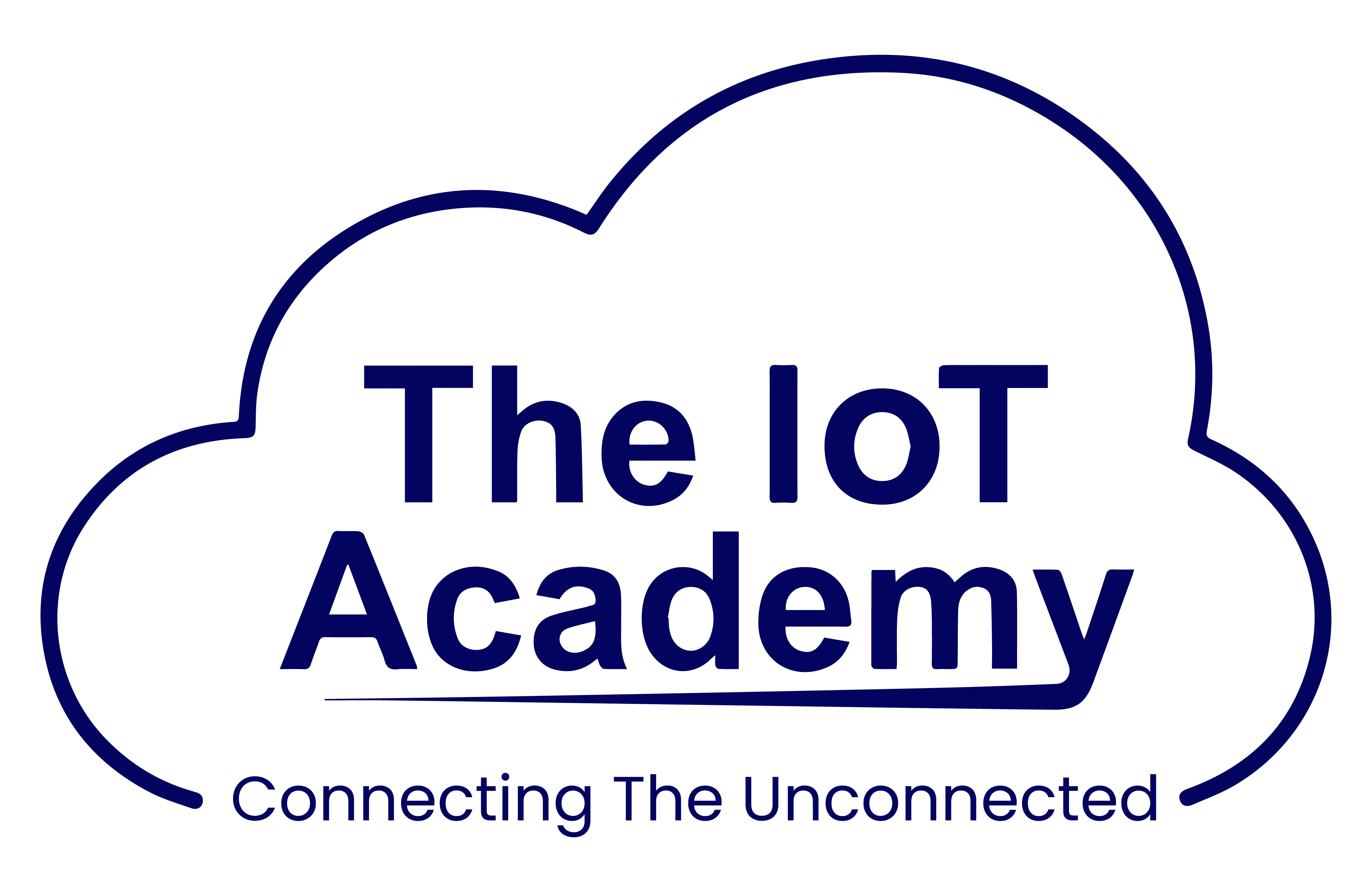

Introduction
We are in a time when technology is advancing in every aspect. We observe a significant rise of new market trends that benefit people and foster an atmosphere that is user-friendly for the best possible use of technology. Artificial intelligence (AI) and the Internet of Things (IoT) are the two phenomena that have made a name for themselves in the present. The goal of artificial intelligence (AI) is to imbue robots with human-level intellect by giving them the ability to reason and learn. The Internet of Things (IoT) is all about joining all connected electronic gadgets to a single network. For more information about AI and IoT and the difference between AI and IoT, read the entire blog.
What Is The IoT?
The term "Internet of Things" refers to the area of computer technology in which actual objects communicate online. Devices are defined as objects with sensors, actuators, and the ability to send and receive information via the Internet. Through a communication medium called the internet, the cooperating devices in this ecosystem exchange data. A dedicated Code is useful to program these devices to function during special occasions.
Artificial Intelligence
Artificial intelligence is the branch of computer science that employs data as input and human activities as output. Machines with AI capabilities and cognitive thinking abilities are in charge of making decisions about the past or reacting to a behaviour that the machine was not aware of. These systems were created to support automation in conventional systems-building methods. AI systems gain knowledge from past performance to perform better in the future.
Difference Between AI And IoT
Both IoT and AI have bright, promising prospects when combined or separated. The rise of the corresponding technologies and their use in the sector will result in the increase in computing power, Internet connectivity, and data availability. Both technologies function in a variety of ways that differ from and resemble one another. But, if the power of both technologies is used, these have a high potential for impact.
|
|
|
|
|
|
|
|
|
|
|
|
|
|
|
|
|
|
|
|
|
|
|
|
|
|
|
|
Our Learners Also Read: What are the Architecture and Protocols of IoT ?
The planet is now in the midst of its next revolutionary moment. A time as influential as the Renaissance and the Industrial Revolution.
Two such developments that some people think would modernise the globe and blow our minds in the coming decades are artificial intelligence and the Internet of Things. Future possibilities for these two pillars are enormous from healthcare to transport. Although they are not the hottest trends right now, artificial intelligence and the Internet of Things both contribute to a brand-new emerging technology. Together they have the potential to update how we see the world in the years to come.
IoT And AI Examples
Let us take a closer look at some of the firms and industries already using AI in IoT. It saves costs, improves user experience, and opens up new business models. You might be prompted by these examples to think about integrating AI and IoT into your company.
Businesses that embrace IoT can make major developments thanks to AI and machine learning. Despite some worries, about the safety and security of AI in IoT, a combination of these disruptive technologies has already been tried out with success. Actions made in advance make business goals more attainable. It gets great attention when a system can analyse, predict, and adapt to a specific demand.
Conclusion
The two hottest topics in today's corporate environment, the Internet of Things (IoT) and Artificial Intelligence (AI), overlap. Everything on our bodies, in our houses, and our cities will be connected to the Internet as a result of the Internet of Things. The concept is to link machines together and use the data the machines produce. By modelling human behaviour and intelligence, AI aims to make machines smarter and more intelligent. Instead of natural intelligence, it is the intelligence that robots have proven. Hence It is also known as machine intelligence. But, the distinction between the two has become more hazy as technologies have converged over time. Join The IoT Academy to learn various technologies in awesome combinations for better productivity.
About The Author:

Digital Marketing Course
₹ 9,999/-Included 18% GST
Buy Course₹ 29,999/-Included 18% GST
Buy Course